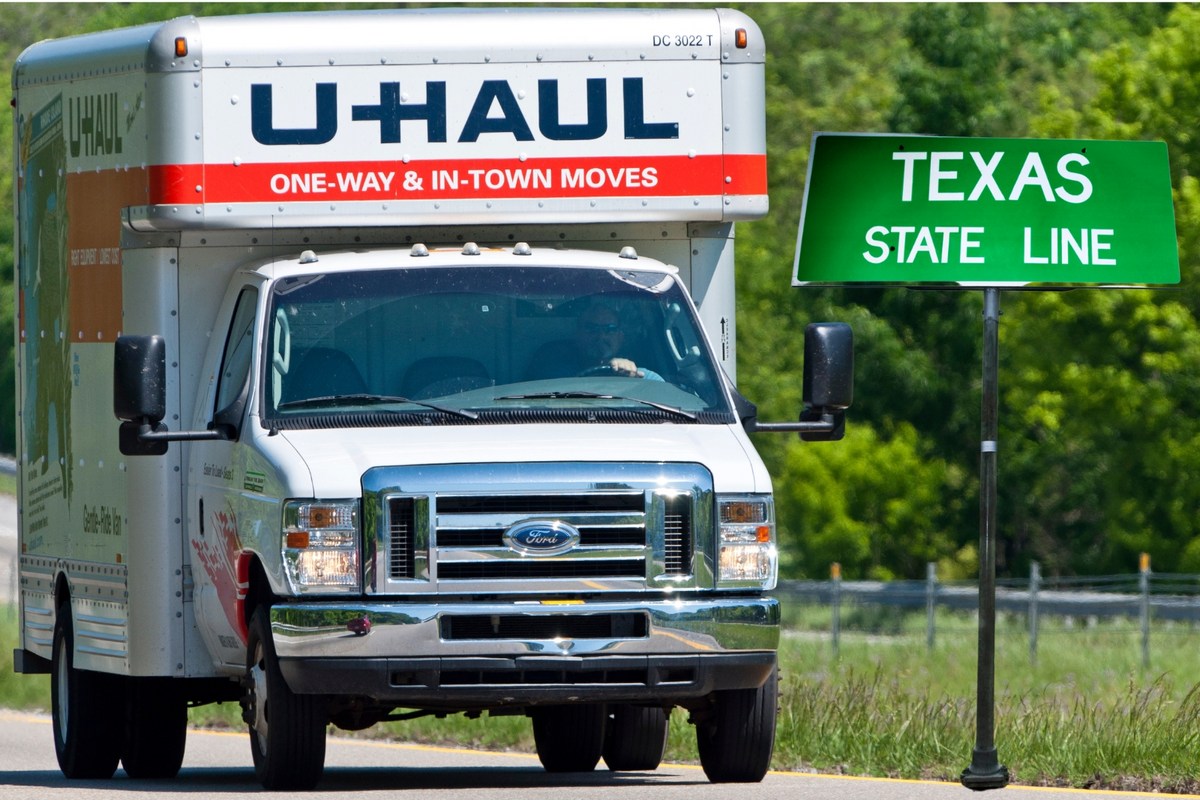As you may recall, the SAM Party of Texas sent out a survey recently asking Texans about their opinion on some of the issues involved in the controversy regarding election rules. Nearly a thousand people completed some or all of the SAM election bill survey. Here is what the respondents told us.
- For photo ID for mail-in ballots (73%-18%)
- Against 24-hour voting (65%-31%)
- Against drive-through voting for everyone (62%-33%)
- For secured ballot drop-off boxes inside voting locations (57%-33%) (Senate bill bans under any circumstances)
- For criminal prosecution of precinct judges (49%-39%)
- For administrative procedure to remove precinct judges (69%-17%) (currently no provision in the current law or proposed bills)
- For prohibiting poll watchers from photographing voters (64%-28%) (prohibited by current law; provision allowing was dropped in bill passed by the Senate)
- Against requiring people providing voters transportation to polls filling out form (54%-41%)
- For requiring people providing assistance in completing a ballot to complete a form (74%-20%)
- For criminal penalties for providing assistance in completing a ballot in violation of rules (71%-20%)
While SAM’s survey was not a controlled survey to ensure a cross-section of Texas voters, the results were generally consistent with some of the polls that have asked similar questions.1

We think that our survey and the other polls show that there is widespread, common-sense agreement among Texans about how our elections should be conducted. The problem is that the Republicans and the Democrats in Austin can’t seem to sit down and conduct good-faith negotiations between the two sides to get a bill that reflects that consensus.
The bill that was poised to pass at the end of the regular session had some truly egregious provisions purely designed to create a partisan advantage, like moving back the time for early voting on Sundays. Many of those provisions have been removed in the bill that was passed by Senate in the special session. The current bill is mostly focused on restricting some of the practices adopted in Harris County in the last election, like 24-hour voting, which generally do not have widespread support among Texans.
But there are still some provisions, like requiring those who provide transportation to the polls to fill out a form, that most Texans do not think are necessary. Also, the dilemma for Democrats is that if they come back, they have no assurance that the more egregious provisions will not be added back to the bill before final passage.
In any other setting, the two sides would sit down and hammer out a compromise, but because of the toxic environment that has been created by our broken two-party duopoly, neither side trusts the other to do so. They also have little incentive to enter into good-faith negotiations since both are able to pander to the primary bases, which do not represent a majority of the electorate, and, of course, fundraise off of the controversy.
But the real tragedy is that the issues Texans believe are important are being sacrificed to the partisan bickering. This poll by Republican pollster Chris Perkins shows that only 8% of Texans think the election law is the most important issue facing the Texas Legislature.
The SAM party believes that each party should pick a negotiating team and an independent mediator to hold settlement discussions. The leadership of both parties should agree to abide by and enforce the results of the mediation. Lawsuits involving more contentious and complicated issues than this dispute are resolved by this kind of mediation every day in Texas. There is no reason why this one cannot be as well, so the Texas legislature can get back to the critical issues facing our state.
If there were SAM members in the Texas Legislature today, this is exactly what they would be proposing.
Note 1 – One area where SAM’s survey varied greatly from previous polls was on the issue of providing criminal sanctions for precinct judges’ violation of election rules. In most polling this was overwhelmingly opposed, while narrowly approved in our survey (although a larger majority preferred an administrative procedure to remove problematic precinct judges). The poll questions varied from ours on the question of criminal sanctions, specifically mentioning the possibility of jail time, which most likely accounts for the difference.




.png)
